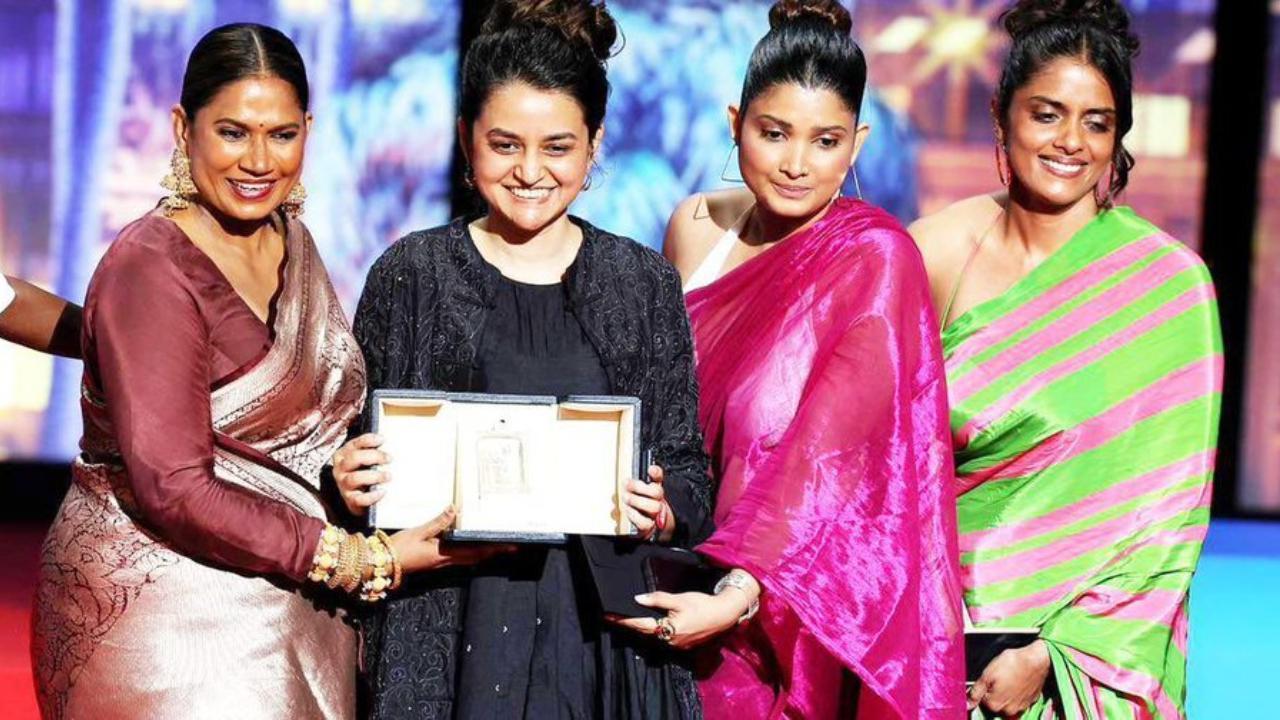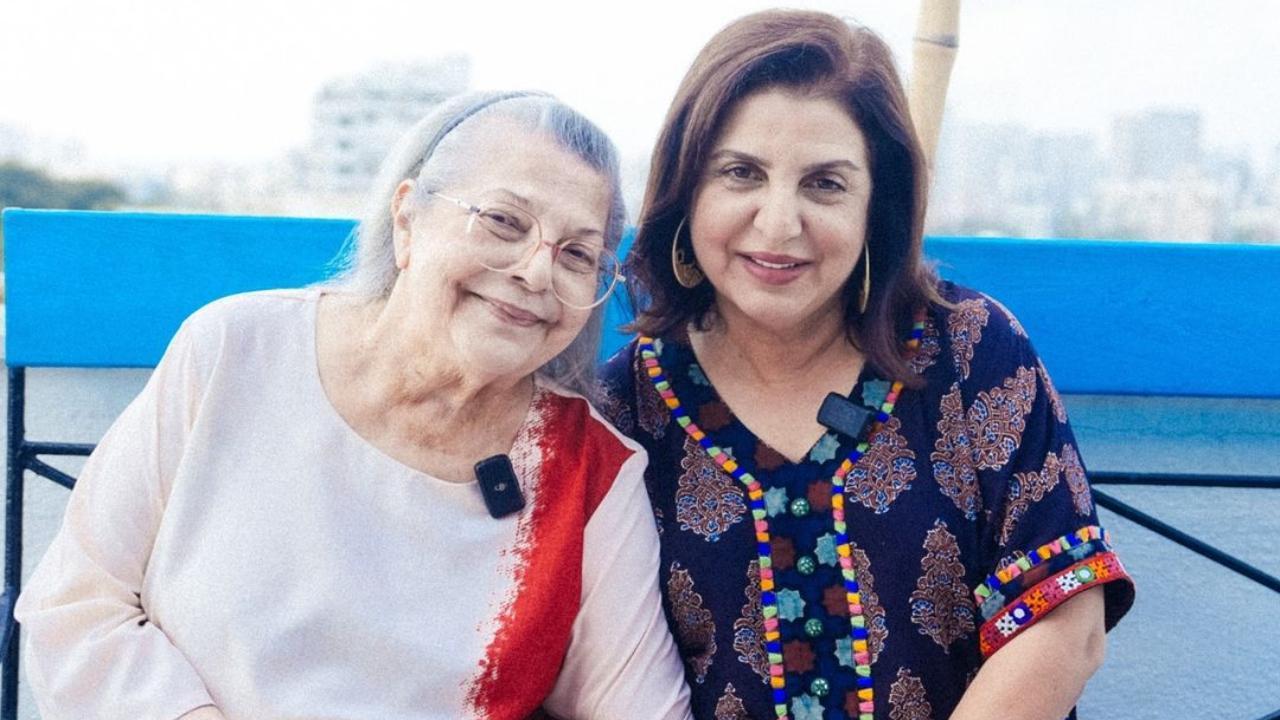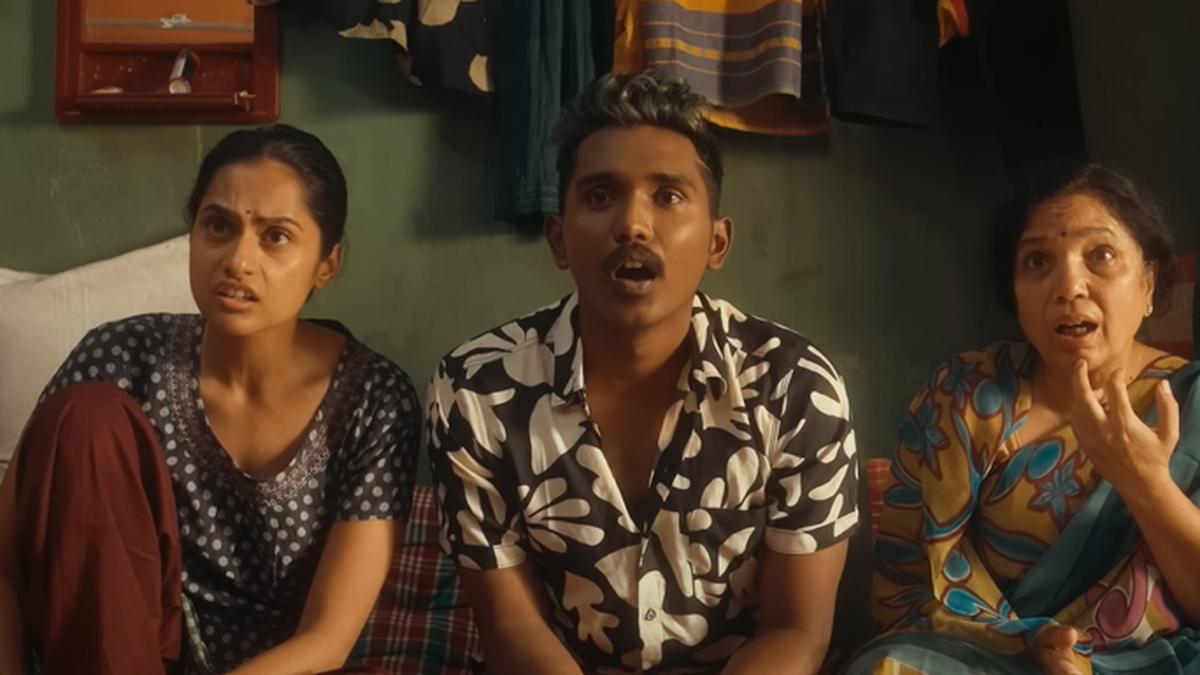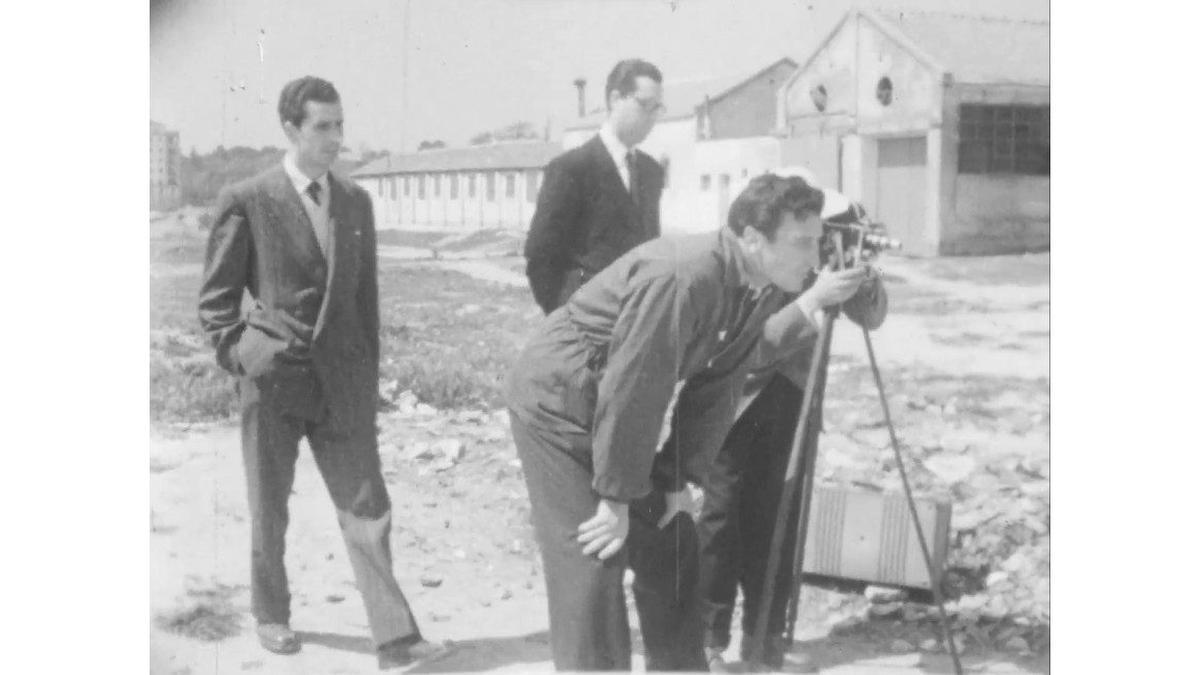
In a momentous achievement for Indian cinema, Payal Kapadia’s “All That We Imagine As Light” won the prestigious Grand Prix on the final day of the Cannes 2024 Film Festival. The film, which has greatly impacted the global stage, features powerful performances by actresses Kani Kusruti, Divya Prabha, and Chhaya Kadam. The narrative, set against the vibrant backdrop of Mumbai, explores the profound theme of female friendship. This landmark win marked the first time in 30 years that an Indian film has been selected for the main competition, the Palme d’Or, at Cannes.
Following the announcement, a wave of congratulatory messages from across the world poured in for the film’s cast and crew. India’s Prime Minister Narendra Modi took to his Instagram to extend his heartfelt congratulations to the team behind “All That We Imagine As Light.” He emphasized how proud India is of Payal Kapadia and hailed her significant contribution to global cinema.
On X, PM Modi expressed his joy, stating, “India is proud of Payal Kapadia for her historic feat of winning the Grand Prix at the 77th Cannes Film Festival for her work ‘All We Imagine as Light’. An alumnus of FTII, her remarkable talent continues to shine on the global stage, giving a glimpse of the rich creativity in India. This prestigious accolade not only honors her exceptional skills but also inspires a new generation of Indian filmmakers.”
Kapadia’s accomplishment comes at a crucial moment, reinforcing the notion that Indian cinema can captivate and inspire audiences worldwide. Her film, “All That We Imagine As Light,” received one of the longest ovations at this year’s Cannes, with an eight-minute standing ovation following its screening. The cinematic piece delves into the friendship between three women, shedding light on societal issues that often pit women against each other.
In her acceptance speech, which was met with enthusiastic applause, Kapadia elaborated on the important message of the film. “This film is about the friendship between three different women, and oftentimes women are pitted against each other.
. This is the way our society is designed and it is really unfortunate. But for me, friendship is an important relationship. It can lead to greater solidarity and inclusivity and empathy towards each other, which is why I feel these are the values which we should always strive for,” she said.
The red carpet ensemble of the film’s team, which included Chhaya Kadam, Hridhu Haroon, Kani Kusruti, Payal Kapadia, Divya Prabha, Ranabir Das, Julien Graff, Zico Maitra, and Thomas Hakim, did not go unnoticed. Their elegant attire was widely praised, but what truly captured the hearts of many was their exuberant celebration of this historic win, as they danced and revelled in their success.
This victory for Kapadia and her team goes beyond a mere award; it signifies a broader acceptance and appreciation of diverse narratives in global cinema. “All That We Imagine As Light” is seen as a beacon that reflects the depth of creativity in India and highlights the importance of storytelling that fosters empathy and solidarity.
Moreover, the film’s success is a testament to the immense talent nurtured within Indian film institutions like the Film and Television Institute of India (FTII), where Kapadia is an alumnus. The recognition she received at Cannes serves not only as a personal achievement but as a milestone for Indian filmmakers, encouraging them to bring their unique stories to international platforms.
As messages and accolades continue to flow in, it is clear that Kapadia’s win has sparked a sense of pride and inspiration across the nation and beyond. Her work demonstrates how Indian films can transcend cultural boundaries and resonate universally.
The cast and crew’s triumphant moment is captured in images of them rejoicing on the red carpet, their smiles and joy reflecting the culmination of their hard work and dedication. This historic win for “All That We Imagine As Light” brings into focus not only the current potential of Indian cinema but also its future promise on the global stage.
In conclusion, the 2024 Cannes Film Festival will be remembered as a defining moment in Indian cinematic history, where Payal Kapadia’s exemplary storytelling and remarkable talent shone brightly, placing Indian cinema firmly in the global spotlight. This achievement is more than a win; it is an inspiration for aspiring filmmakers and a celebration of the rich, diverse narratives that Indian cinema has to offer.










